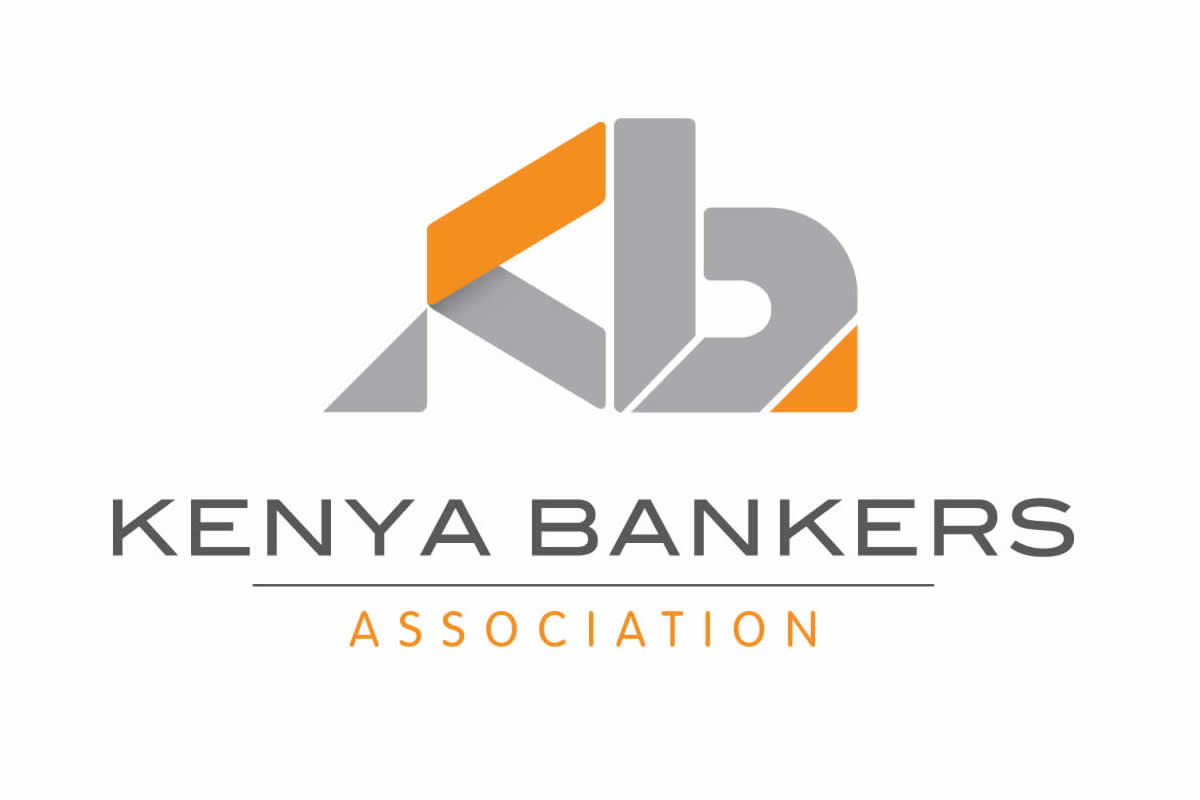- DEG and FMO announce Ksh16.3 Million (Euros 136,875) Partnership with Kenya Bankers Association
Nairobi, 23 July 2014 – In an effort to foster capacity in the area of sustainable finance in the East Africa Community, the German development finance institution DEG -Deutsche Investitions- und Entwicklungsgesellschaft mbH and The Netherlands Development Finance Company (FMO) have announced a joint partnership through which the two institutions will fund a capacity building program to be coordinated by the Kenya Bankers Association (KBA).
The partners commemorated the initiative by signing a memorandum of understanding during a special meeting held with the Sustainable Finance Initiative (SFI) Working Group at KBA headquarters in Nairobi. In addition to training KBA’s 45 member banks, the program materials will be made available to other financial sector players in Kenya, as well as across the EAC through the East Africa Bankers Association. “We are grateful to the funding partners, DEG and FMO, for demonstrating their commitment to foster sustainability in Africa,” said Mr. Habil Olaka, KBA Chief Executive Officer. “We value the best practices that they bring to the table and look forward to equipping players with capabilities in comprehensive risk management, including mitigating environmental and social risks associated with financing activities, as well as enhancing the industry’s operational efficiency, and leveraging opportunities presented by the Green Economy,” he said. The program will be developed over the next five months by the consultant team of Khokhela Consult (Zimbabwe) and Innovativkonzept Pvt. Ltd. (Germany). This will be followed by training and workshops over the course of four to six months. Included in the curriculum are self-training courses targeting bank credit risk managers and business development managers. Forums will also be held for chief executives and board members. “We fully support the Kenyan Bankers Association in its goal to integrate sustainable banking principles across the Kenyan banking sub-sector,” said Mr. Eric Kaleja, DEG’s Regional Director for East Africa. “As financial intermediates, banks will implement these principles with their clients in the wider economy across East Africa. This will contribute to sustainable development for the region.” Mr. Jaap Reinking, the Director of FMO’s Financial Institutions Department, noted that KBA’s leadership in promoting sustainability is a comprehensive approach, which goes beyond risk management to include promoting a more innovative and greener financial services sector. “The Kenyan banking industry is pushing the boundaries of sustainable finance by collaborating and seeking ways to change the way that it, as an industry, works,” said Mr. Reinking. “The way that banks manage their environmental and social risks is important, but so too is the need to provide innovative and greener finance to Kenyan people and Kenyan businesses. FMO is glad to be a part of this partnership and to be supporting the KBA in developing an approach to build the capacity of banks to play a role in ensuring that by 2050, more than 9 billion people can live well and within the limits of our planet’s resources,” he said. In addition to building capacity, the Sustainable Finance Initiative coordinated by KBA has embarked on developing Sustainable Finance Guiding Principles and Procedures that are in line with international best practices and consistent with the banking industry’s economic, social and environmental priorities. Learn more about the Sustainable Finance Initiative by visiting www.kba.co.ke/sfi.
About Kenya Bankers Association
KBA (www.kba.co.ke) is the umbrella body of the banking sub-sector with a membership of 45 banks that are licensed and regulated by the Central Bank of Kenya (CBK). Registered as an industry association on 16th July 1962 by the Registrar of Trade Unions, over time the core function of the Association has evolved from focusing on labour matters to include promoting industry development and economic growth. Towards this end, KBA has undertaken major industrywide initiatives, including aligning standards on payments security (EMV); promoting pricing transparency through the Annual Percentage Rate; and the modernization of the National Payments System through the Automated Clearing House, which KBA owns and operates. In line with the Government’s policy on public-private partnerships, the Association and CBK have implemented key milestone projects such as the Real Time Gross Settlement System (RTGS), the Kenya Credit Information Sharing Initiative, and Currency Centre projects.
About FMO
FMO (www.fmo.nl) supports sustainable private sector growth in developing and emerging markets by investing in ambitious entrepreneurs. FMO believes a strong private sector leads to economic and social development, empowering people to employ their skills and improve their quality of life. With an investment portfolio of EUR 6.6 billion, FMO is one of the largest European bilateral private sector development banks.
About DEG
DEG (www.deginvest.de), a subsidiary of KfW, finances investments of private companies in developing and transition countries. As one of Europe’s largest development finance institutions, it promotes private business structures to contribute to sustainable economic growth and improved living conditions.


